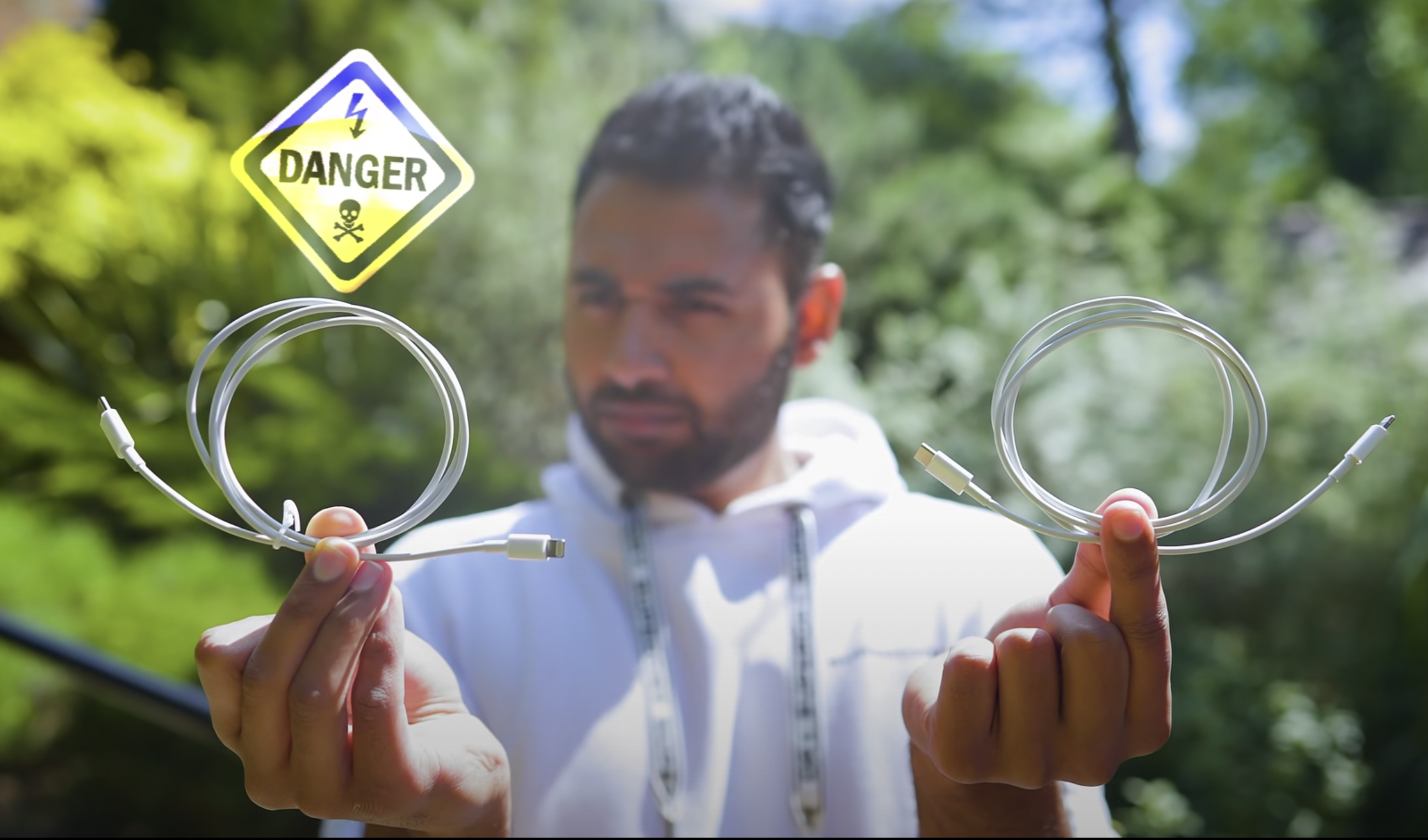The Durable Begins Installation of the Iris Cable System
The Durable Begins Installation of the Iris Cable System
By Icelandmonitor.mbl.is
May 25, 2022
Work started this morning in Þorlákshöfn on a new high-speed undersea cable system between Iceland and Ireland. The new cable is called IRIS and it spans approximately 1700 km and connects Þorlákshöfn in the southwest of Iceland with Ballyloughane Strand in Galway in Ireland. You could see heavy duty equipment in Þorlákshöfn this morning and the cable ship Durable was visible from the shore. Durable came to Iceland last Friday and preparation for the laying of the cable was prepared for the work that started this morning. The American company SubCom provides the cables and is responsible for the installation operation that started today.
IRIS ensures increased internet security![The Durable began lading in Iceland and if work goes according to plan IRIS should be fully operational at the end of the year.]()
The undersea cable system IRIS is owned by Farice ehf., an Icelandic state run company. The company has been preparing this operation for a few years now. With IRIS in place the internet security of the country will be increased ten times to what it is right now, so the country should not lose internet connection under normal circumstances. There are already two undersea cable systems in operation, Farice 1 that connects Iceland to Scotland via the Faroe Islands and then Danice that connects Iceland to Denmark.
If the work process goes according to plan IRIS should be fully operational at the end of the year.






